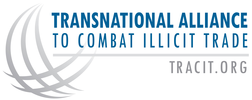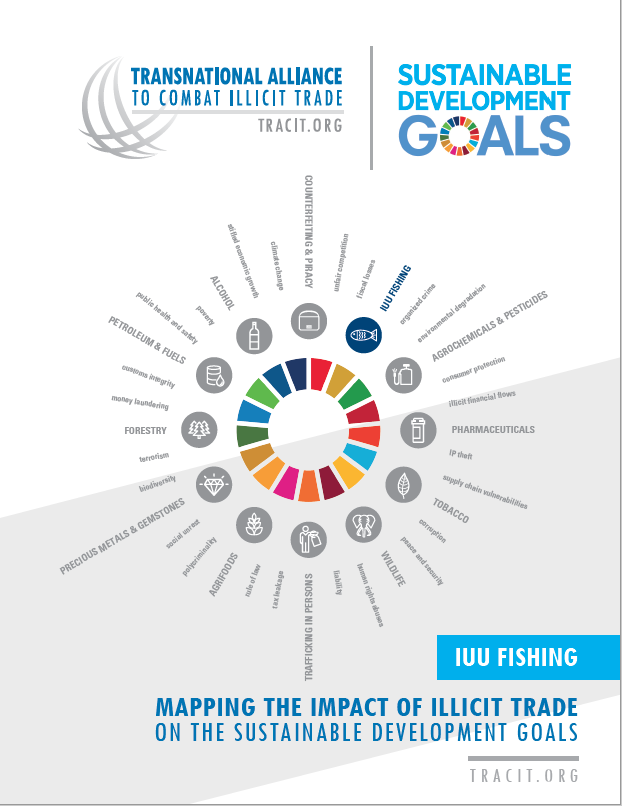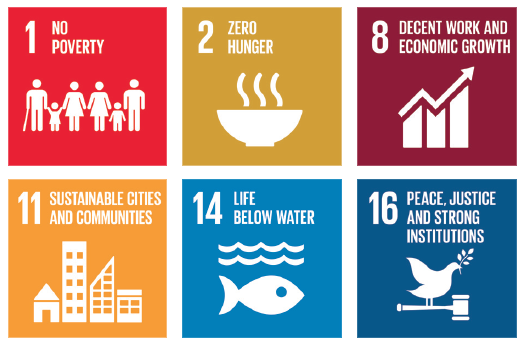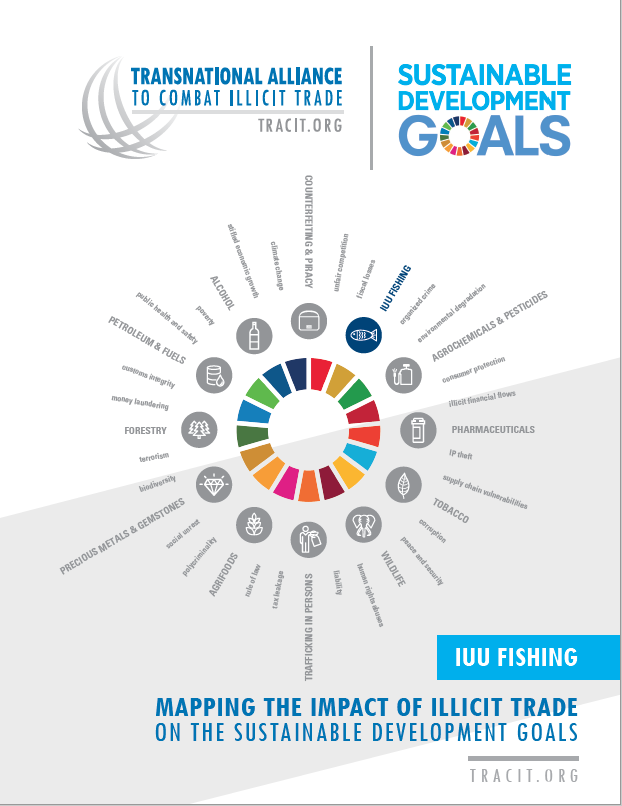Illegal, Unreported, and Unregulated (IUU) Fishing

Illegal fishing provides an eloquent example of the constraints put on a global natural resource with a significant economic impact. According to the Former Chair of the World Economic Forum’s Global Agenda Council on Illicit Trade, “[this form of illicit trade] is crippling the world’s already depleted marine resources. Although governments have made agreements that govern the high seas, and these looks good on paper, they are difficult to enforce. Quotas have been negotiated to manage the sustainability of tuna, for example; but quotas don’t control fishing from vessels not party to the agreement. Some countries deliberately work around agreed quotas, or exceed the amounts that they are allowed to take, and an illegal supply ends up in the markets […] Illegal fishing places an illegal supply of fish on the market and depletes available stocks. The economic loss to legal fisheries amounts to millions of dollars. The environmental costs are also considerable.” (WEF, 2012).
The estimated annual value of illegal and unreported fishing ranges from US$ 15.5 – 36.4 billion and represents 14 to 33 percent of the global marine capture value (Global Financial Integrity, 2017). Aside from its negative impact on the global environment and its societal and economic impact on the local communities that depend on fishing, illegal and unreported fishing has been linked to a range of other transnational organized crimes, including trafficking in persons, smuggling of migrants, and illicit drugs trafficking (UNODC, 2011). For legitimate actors within the fisheries sector, the phenomenon results in unfair competition, reputational damage and unsustainable fish stocks. Featured report
|
Learn how IUU fishing impacts the achievement of the UN Sustainable Development Goals
From smuggling, counterfeiting and tax evasion, to the illegal sale or possession of goods, services, humans and wildlife, illicit trade is compromising the attainment of the UN SDGs in significant ways, crowding out legitimate economic activity, depriving governments of revenues for investment in vital public services, dislocating millions of legitimate jobs and causing irreversible damage to ecosystems and human lives.
The TRACIT report Mapping the Impact of Illicit Trade on the Sustainable Development Goals investigates illicit trade in 12 key sectors that participate significantly in international trade and are most vulnerable to illicit trade. For each sector, the negative impacts of illicit trade are mapped against the 17 UN SDGs. The full report is available here. Read the chapter: SDGs and illicit trade in IUU fishing |




